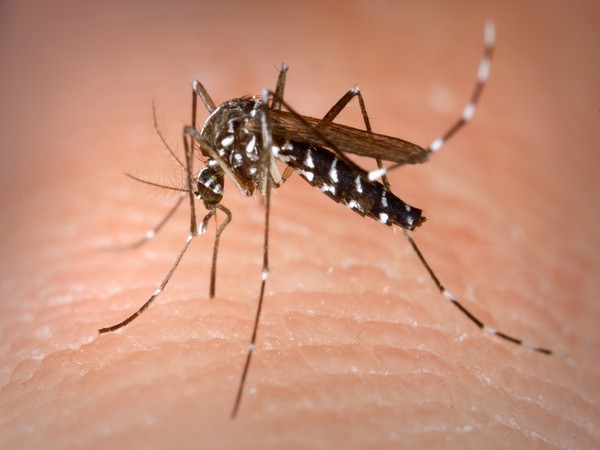Pakistan reports over 20,000 dengue cases, 10 fatalities in 2024
Nov 21, 2024

Islamabad [Pakistan], November 21: Pakistan has reported more than 20,000 cases of dengue in the ongoing year of 2024, reported by the ARY news. According to data from the National Institute of Health (NIH), Pakistan has reported 20,057 cases of dengue fever from January 1 to November 15, 2024.
According to ARY news, the report, which highlights the ongoing health crisis, reveals that 10 people have lost their lives to the disease during the same period.
Balochistan has registered the highest number of reported dengue cases in Pakistan, recording 6,958 infections. Punjab follows with 5,405 cases, including eight deaths. Khyber Pakhtunkhwa (KP) has reported 3,649 cases and two deaths, while Islamabad has seen 3,754 cases.
The report also highlights a lack of data from Sindh and Gilgit-Baltistan (GB), as these regions have not yet shared their statistics on the dengue outbreak. The absence of this data has raised concerns among health officials, as it could potentially paint a grimmer picture of the country's dengue situation.
Recently, the health department reported 56 new cases of dengue in Lahore in 24 hours on Tuesday.
Dengue fever, transmitted by the Aedes mosquito, has been a recurring threat in Pakistan, particularly during the monsoon season. Health experts continue to urge authorities to ramp up preventive measures, including mosquito control programs, to combat the spread of the disease. The NIH and local health departments are closely monitoring the situation as the year progresses.
The World Health Organisation (WHO) has described dengue as an infectious disease that affects people through mosquito bites. More than half of the population of the world is threatened with dengue.
The WHO stated, "Prevention and control of dengue depend on vector control. There is no specific treatment for severe dengue, and early detection and access to proper medical care greatly lower fatality rates of severe dengue."
Source: Times of Oman









